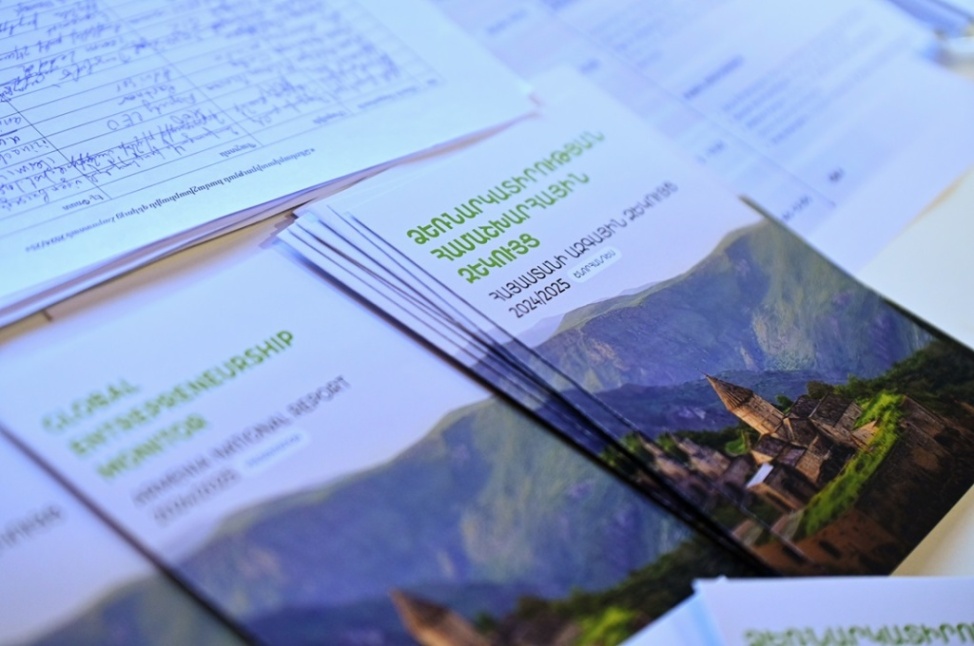Armenia’s ministry of economy to focus on stock-taking, subsidies and innovations in agriculture
14.06.2019,
16:52
Armenia’s Ministry of Economy, which oversees also the agricultural sector, plans to invest 21.5 billion drams next year in various agricultural projects, 22.2 billion drams in 2021 and 15.6 billion drams in 2022.

YEREVAN, June 14. /ARKA/. Armenia’s Ministry of Economy, which oversees also the agricultural sector, plans to invest 21.5 billion drams next year in various agricultural projects, 22.2 billion drams in 2021 and 15.6 billion drams in 2022. The amounts do not include administrative costs, Deputy Minister of Economy Tigran Gabrielyan told reporters today after a public discussion of the mid-term plan of measures until 2022.
He said the program includes mandatory measures such as vaccination of animals, preservation of sanitary conditions and a group of measures that offer innovations, production growth, livestock development and others.
Gabrielyan said also that a great number of procedures have been simplified. For example, earlier in order to install a drip irrigation system or create intensive gardens farmers were to seek assistance of a contractor. Now this condition is removed and interest rates have also been reduced. Also lower preferential rates are provided for border regions and cooperatives.
"We are trying to eliminate the shortcomings that are mainly associated with the low level of creditworthiness of farmers and the lack of funds to pay collateral. We are currently negotiating with various financial organizations to install livestock insurance, after which the bank will be able to consider them as collateral," said Gabrielyan.
He said also that the responsible officials are taking stock of livestock in the country. In his words, earlier numbers were too high and did not correspond to reality.
‘Unless we have a complete picture, we will not be able to implement our projects," said Gabrielyan.-0-
He said the program includes mandatory measures such as vaccination of animals, preservation of sanitary conditions and a group of measures that offer innovations, production growth, livestock development and others.
Gabrielyan said also that a great number of procedures have been simplified. For example, earlier in order to install a drip irrigation system or create intensive gardens farmers were to seek assistance of a contractor. Now this condition is removed and interest rates have also been reduced. Also lower preferential rates are provided for border regions and cooperatives.
"We are trying to eliminate the shortcomings that are mainly associated with the low level of creditworthiness of farmers and the lack of funds to pay collateral. We are currently negotiating with various financial organizations to install livestock insurance, after which the bank will be able to consider them as collateral," said Gabrielyan.
He said also that the responsible officials are taking stock of livestock in the country. In his words, earlier numbers were too high and did not correspond to reality.
‘Unless we have a complete picture, we will not be able to implement our projects," said Gabrielyan.-0-



